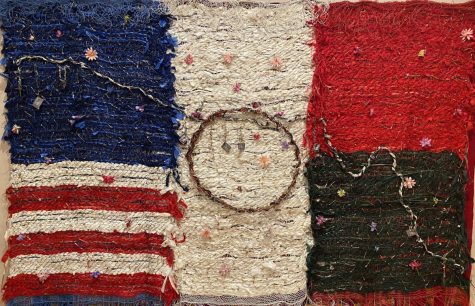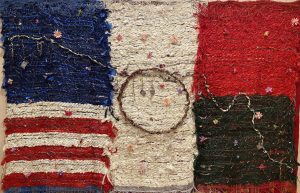Here are some recommended reads for spring break
Free of the burden of homework or required reading, spring break is a prime time to crack open a book or three for fun. Recommended by the high school librarians and available in the Pritzker-Traubert Library, here are a few options from several genres to pick up before the break.
Fantasy
 “Call Down the Hawk” by Maggie Stiefvater (2018). A spinoff from Stiefvater’s bestselling “Raven Cycle” series, “Call Down the Hawk” follows Ronan Lynch, a protagonist of that series who is a “dreamer,” someone with the power to make his dreams into reality, along with dreamer and art thief Jordan Hennessy and Carmen Farooq-Lane, a hunter of dreamers seeking to prevent an apocalypse catalyzed by their powers.
“Call Down the Hawk” by Maggie Stiefvater (2018). A spinoff from Stiefvater’s bestselling “Raven Cycle” series, “Call Down the Hawk” follows Ronan Lynch, a protagonist of that series who is a “dreamer,” someone with the power to make his dreams into reality, along with dreamer and art thief Jordan Hennessy and Carmen Farooq-Lane, a hunter of dreamers seeking to prevent an apocalypse catalyzed by their powers.
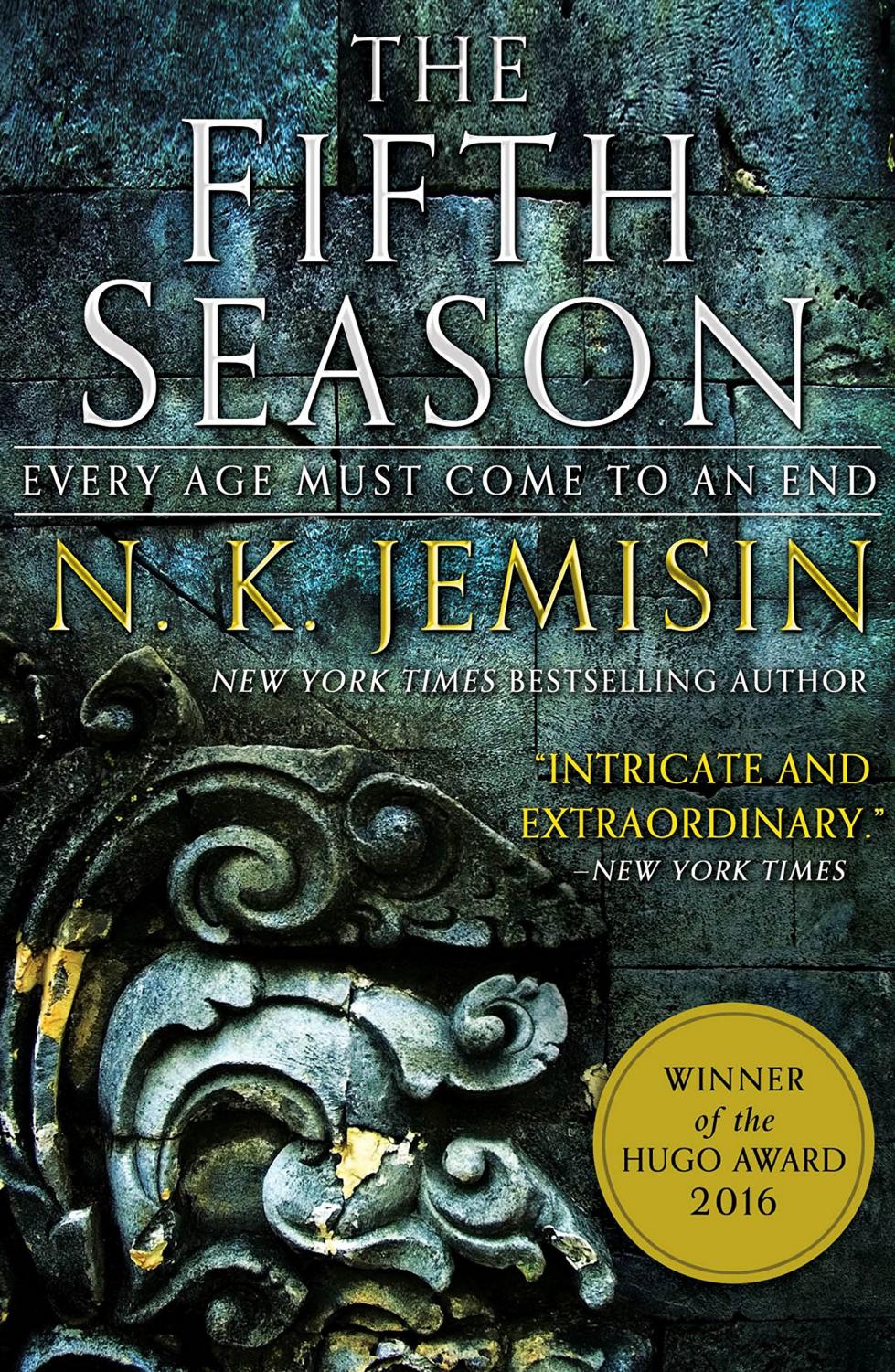 “The Fifth Season” by N.K. Jeminsin (2015). “The Fifth Season” is set in the continent of Stillness, a land periodically ravaged by massive tectonic disruptions known as Seasons. The story follows Essun, a woman searching for her kidnapped daughter who is an orogene, an individual with the power to quiet the earthquakes and volcanoes or set them off. This ability causes society to fear and brutally oppress orogenes, and Essun’s story is one of three connected ones that explore this society’s systems of oppression as a new Season tears a red rift in the center of Stillness, pouring ash into the sky.
“The Fifth Season” by N.K. Jeminsin (2015). “The Fifth Season” is set in the continent of Stillness, a land periodically ravaged by massive tectonic disruptions known as Seasons. The story follows Essun, a woman searching for her kidnapped daughter who is an orogene, an individual with the power to quiet the earthquakes and volcanoes or set them off. This ability causes society to fear and brutally oppress orogenes, and Essun’s story is one of three connected ones that explore this society’s systems of oppression as a new Season tears a red rift in the center of Stillness, pouring ash into the sky.
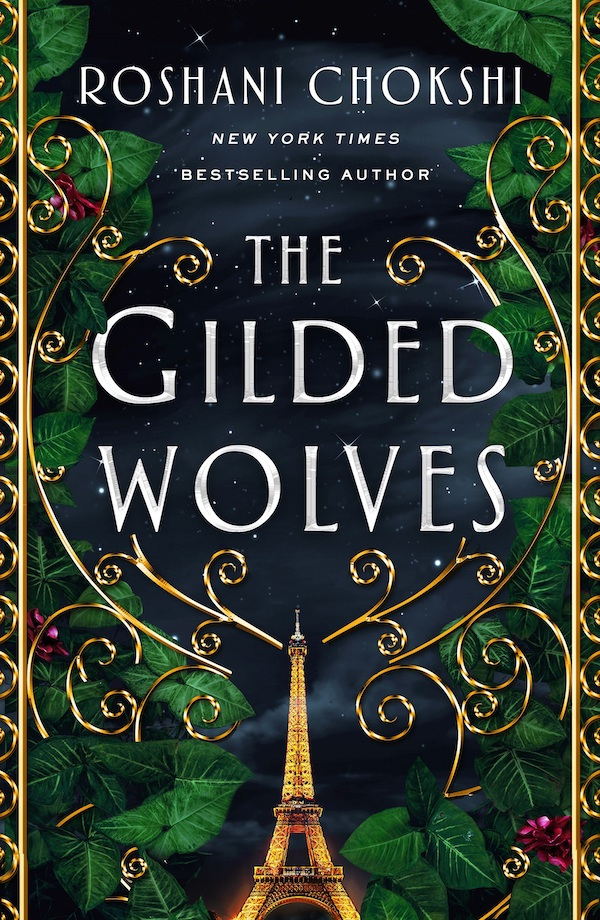 “The Gilded Wolves” by Roshani Chokshi (2019). Set in an alternate Paris in 1889, just before the Exposition Universelle, “The Gilded Wolves” follows Sâeverin Montagnet-Alarie, a treasure-hunter who is contacted by the shady-yet-powerful Order of Babel, which is tasked with protecting a fragment of the Tower of Babel. Sâeverin is actually the rejected heir of one of the houses of the Order of Babel, and he must join up with a colorful cast to help out the Order and reclaim his inheritance.
“The Gilded Wolves” by Roshani Chokshi (2019). Set in an alternate Paris in 1889, just before the Exposition Universelle, “The Gilded Wolves” follows Sâeverin Montagnet-Alarie, a treasure-hunter who is contacted by the shady-yet-powerful Order of Babel, which is tasked with protecting a fragment of the Tower of Babel. Sâeverin is actually the rejected heir of one of the houses of the Order of Babel, and he must join up with a colorful cast to help out the Order and reclaim his inheritance.
Mystery
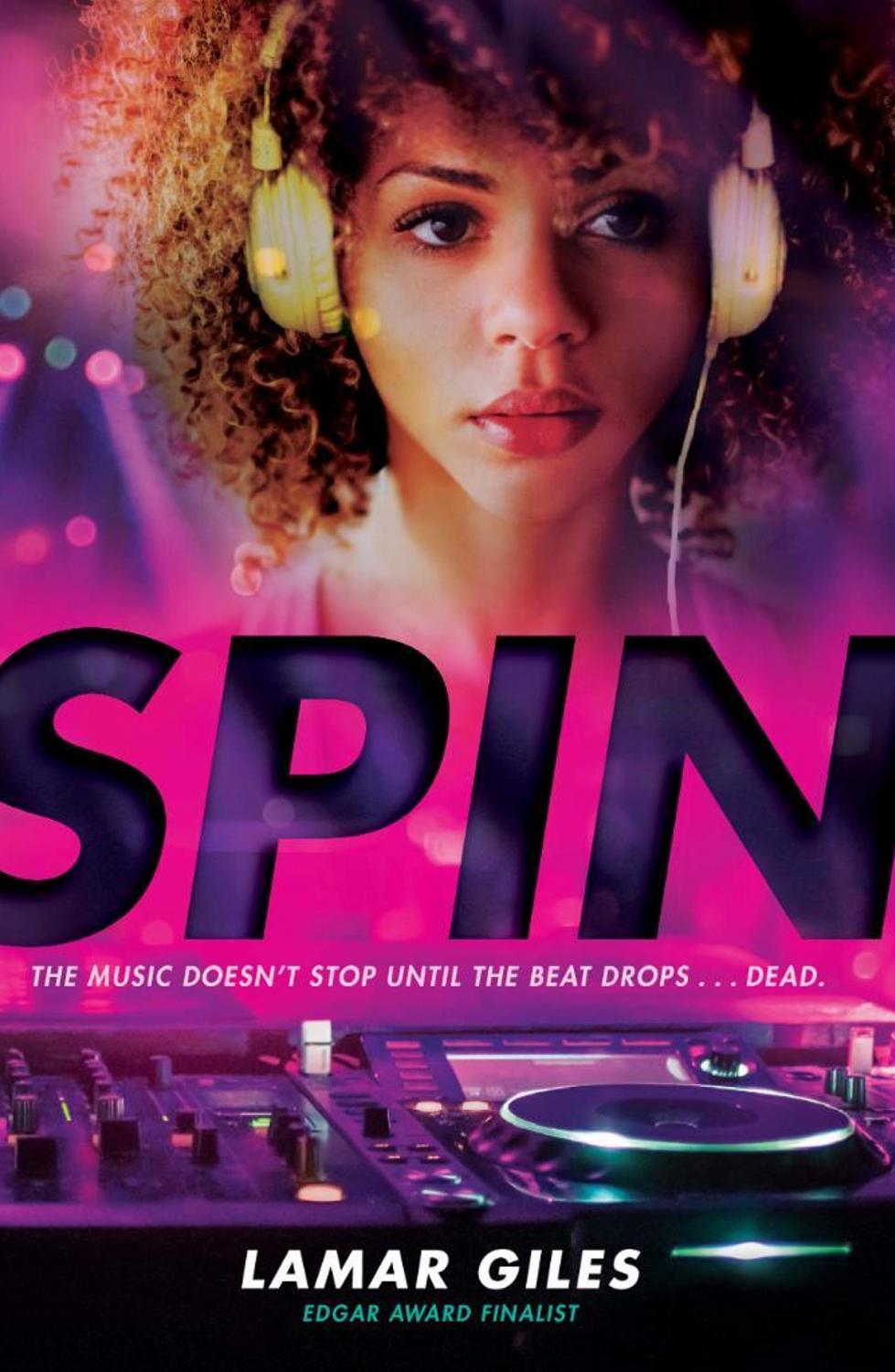 “Spin” by Lamar Giles (2019). When young, up-and-coming DJ Paris Secord is murdered, her childhood friend Kya and her biggest fan Muse both suspect each other of her murder, until evidence comes to light that a third party may have been responsible, and the two must join forces to find the real killer.
“Spin” by Lamar Giles (2019). When young, up-and-coming DJ Paris Secord is murdered, her childhood friend Kya and her biggest fan Muse both suspect each other of her murder, until evidence comes to light that a third party may have been responsible, and the two must join forces to find the real killer.
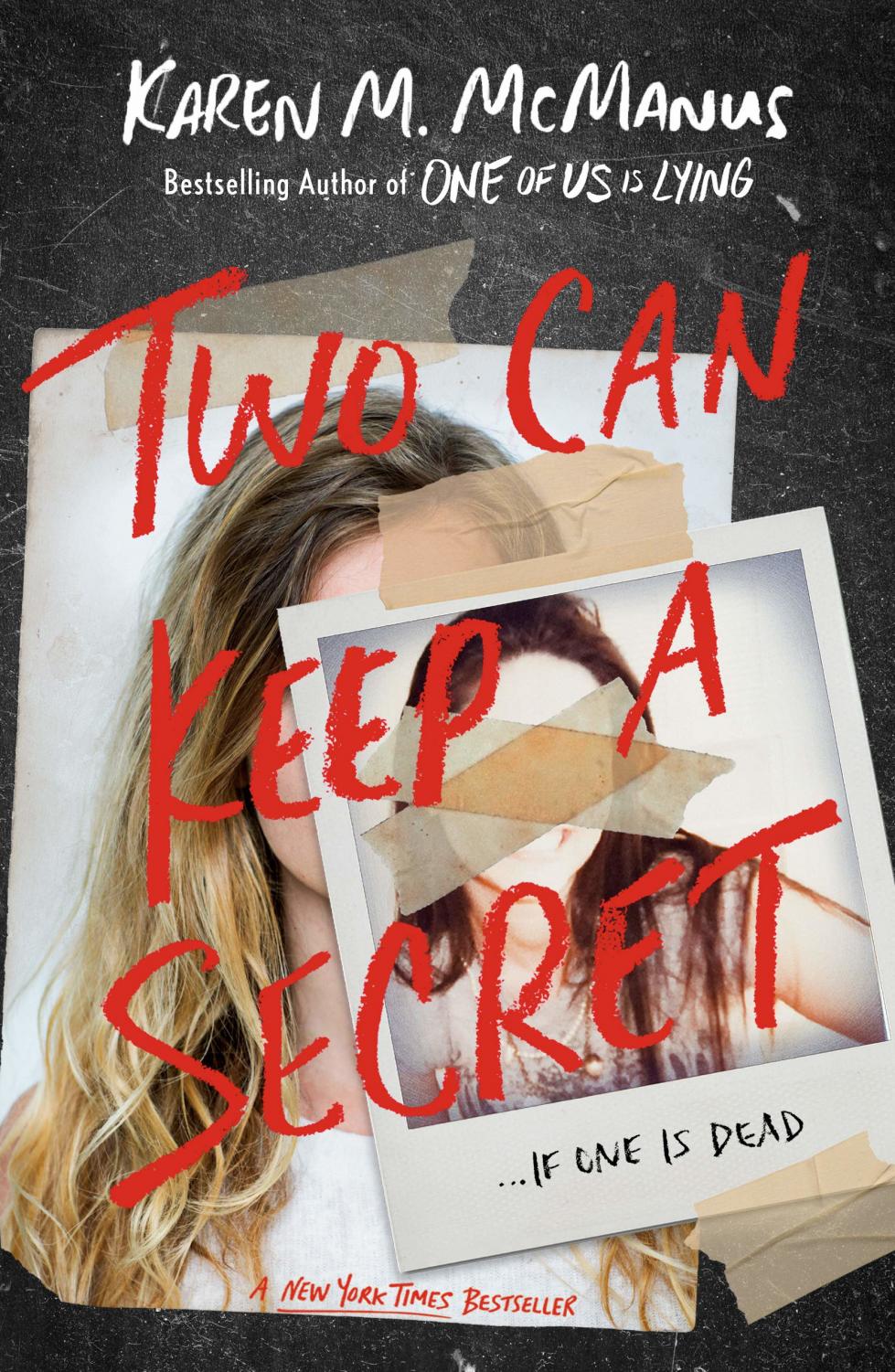 “Two Can Keep a Secret” by Karen M. McManus (2019). Twins Ellery and Ezra Corcoran are sent to live with their grandmother in a small town in Vermont known for its many disappearances of teen girls. Ellery, a true-crime aficionado, knows the history of the town, including the murder of a homecoming queen five years prior to the events of the story. When Ellery is nominated for homecoming queen herself, she and the other nominees begin receiving threats, and the killer must be found before history repeats itself.
“Two Can Keep a Secret” by Karen M. McManus (2019). Twins Ellery and Ezra Corcoran are sent to live with their grandmother in a small town in Vermont known for its many disappearances of teen girls. Ellery, a true-crime aficionado, knows the history of the town, including the murder of a homecoming queen five years prior to the events of the story. When Ellery is nominated for homecoming queen herself, she and the other nominees begin receiving threats, and the killer must be found before history repeats itself.
 “My Sister, the Serial Killer” by Oyinkan Braithwaite (2018). Korede lives in the shadow of her beautiful, talented sister Ayoola. She has also grown used to cleaning up her sister’s messes. Ayoola is likely a sociopath and has killed her last three boyfriends, and Korede is the one who keeps the world from finding out. When the handsome Dr. Tade Otumu, the only bright spot in Korede’s life, falls under her sister’s spell, she must reckon with what Ayoola has become.
“My Sister, the Serial Killer” by Oyinkan Braithwaite (2018). Korede lives in the shadow of her beautiful, talented sister Ayoola. She has also grown used to cleaning up her sister’s messes. Ayoola is likely a sociopath and has killed her last three boyfriends, and Korede is the one who keeps the world from finding out. When the handsome Dr. Tade Otumu, the only bright spot in Korede’s life, falls under her sister’s spell, she must reckon with what Ayoola has become.
Non-Fiction
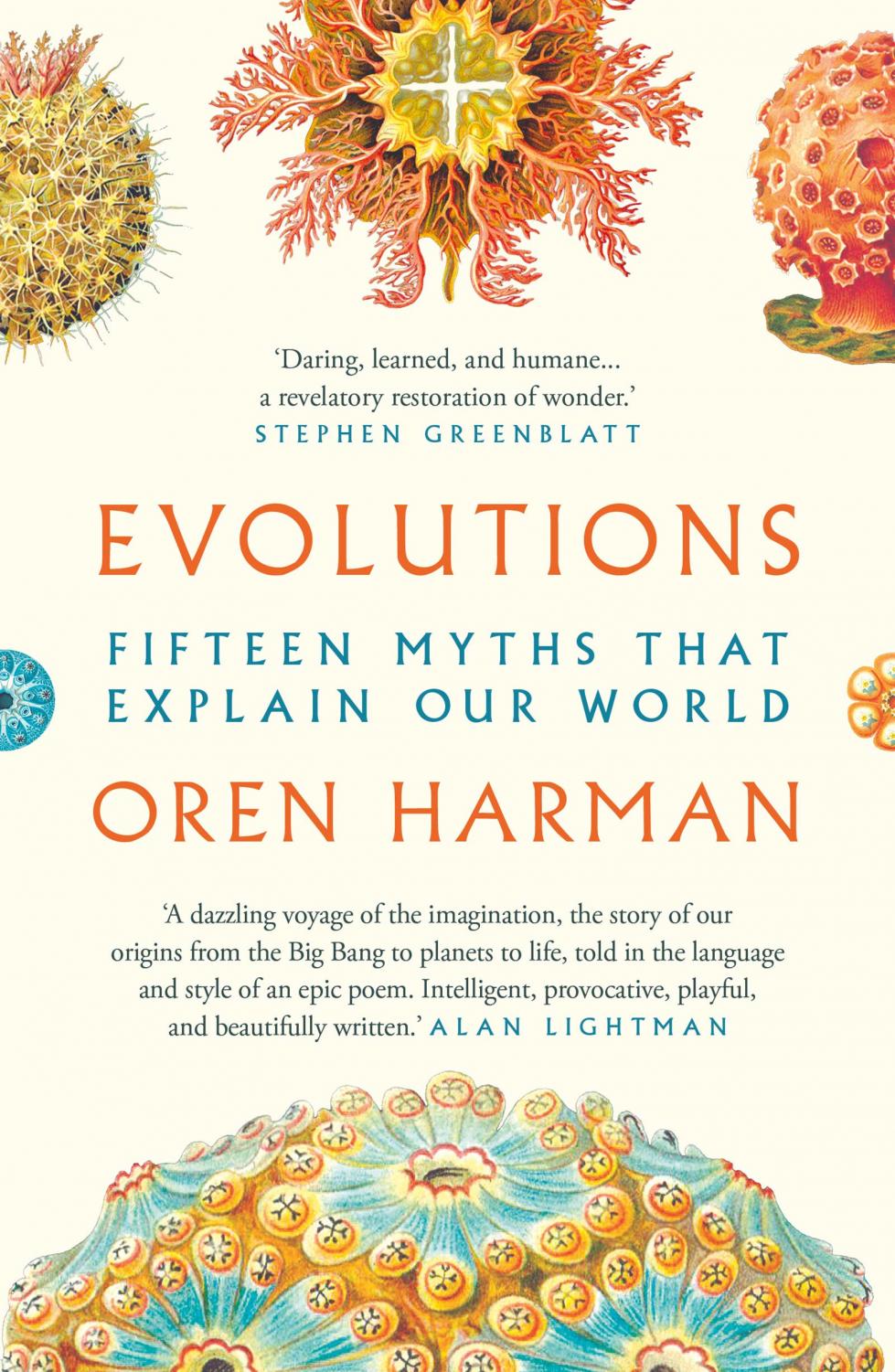 “Evolutions: Fifteen Myths that Explain Our World” by Oren Harman (2018). Harman writes a technically accurate history of the world, from the Big Bang to modern day, in the style of folktales and myths, using unconventional narrators and florid prose for a hilarious and fun rendition of the story discovered by modern science.
“Evolutions: Fifteen Myths that Explain Our World” by Oren Harman (2018). Harman writes a technically accurate history of the world, from the Big Bang to modern day, in the style of folktales and myths, using unconventional narrators and florid prose for a hilarious and fun rendition of the story discovered by modern science.
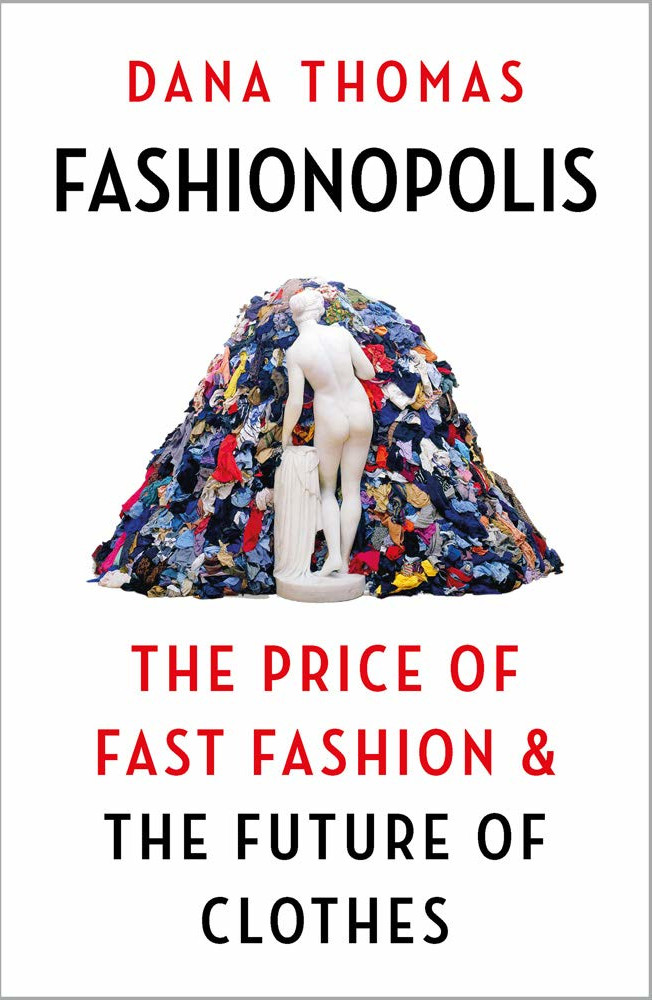 “Fashionopolis: the Price of Fast Fashion and the Future of Clothes” by Dana Thomas (2019). Author of the New York Times bestseller “Deluxe,” Dana Thomas guides readers through the unknown and hidden consequences of the global “fast fashion” industry, such as labor exploitation and environmental damage. She also examines the answers to the trend, from the emerging “slow fashion” movement to automation and technologies that reduce environmental impact.
“Fashionopolis: the Price of Fast Fashion and the Future of Clothes” by Dana Thomas (2019). Author of the New York Times bestseller “Deluxe,” Dana Thomas guides readers through the unknown and hidden consequences of the global “fast fashion” industry, such as labor exploitation and environmental damage. She also examines the answers to the trend, from the emerging “slow fashion” movement to automation and technologies that reduce environmental impact.
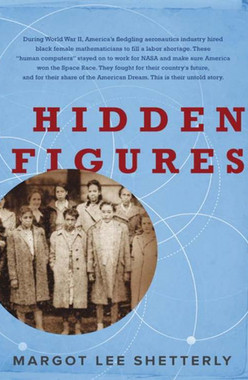 “Hidden Figures: the American Dream and the Untold Story of the Black Women Mathematicians Who Helped Win the Space Race” by Margot Lee Shetterley (2016). The book from which the Academy Award-winning film “Hidden Figures” was adapted details the stories of the black women hired as “computers” by NASA, with the job of making highly complex calculations very quickly to support the work of the space program. Shetterley tells their whole stories, both of the impact they made through their work and their lives outside of their work as leaders in their communities and actors in the civil rights movement.
“Hidden Figures: the American Dream and the Untold Story of the Black Women Mathematicians Who Helped Win the Space Race” by Margot Lee Shetterley (2016). The book from which the Academy Award-winning film “Hidden Figures” was adapted details the stories of the black women hired as “computers” by NASA, with the job of making highly complex calculations very quickly to support the work of the space program. Shetterley tells their whole stories, both of the impact they made through their work and their lives outside of their work as leaders in their communities and actors in the civil rights movement.
New releases from other genres
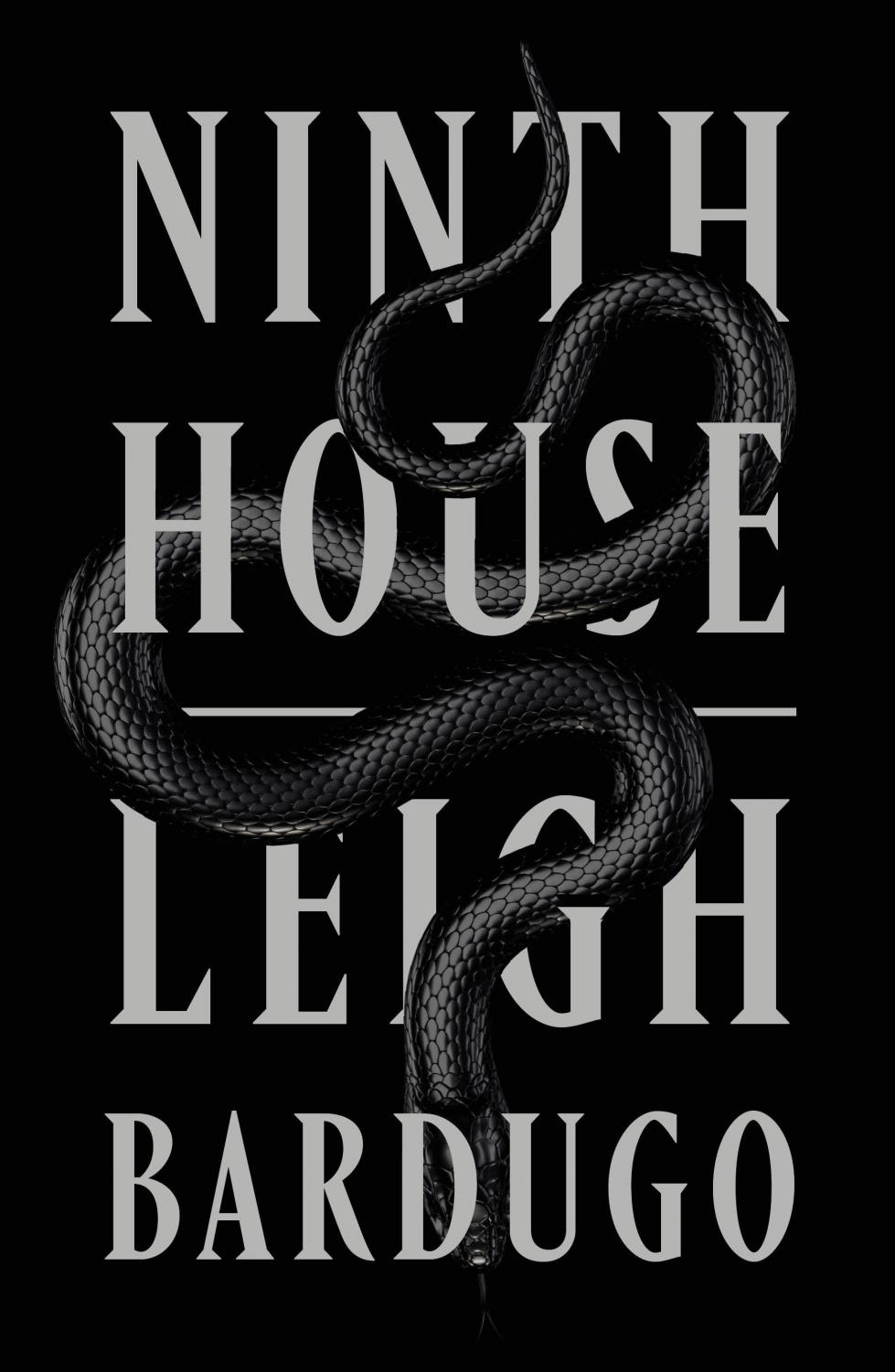 “Ninth House” by Leigh Bardugo (2018). Galaxy “Alex” Stern is a dropout and the sole survivor of an unsolved multiple homicide when, from her hospital bed, she is offered a second chance at life: a full-ride scholarship to Yale. Her benefactors bring her to New Haven because of her ability to see ghosts, which makes her an invaluable asset to Yale’s notorious secret societies, where she is given the job of overseeing and ensuring the success of the various societies’ arcane rituals while maintaining the outside appearance of a normal student.
“Ninth House” by Leigh Bardugo (2018). Galaxy “Alex” Stern is a dropout and the sole survivor of an unsolved multiple homicide when, from her hospital bed, she is offered a second chance at life: a full-ride scholarship to Yale. Her benefactors bring her to New Haven because of her ability to see ghosts, which makes her an invaluable asset to Yale’s notorious secret societies, where she is given the job of overseeing and ensuring the success of the various societies’ arcane rituals while maintaining the outside appearance of a normal student.
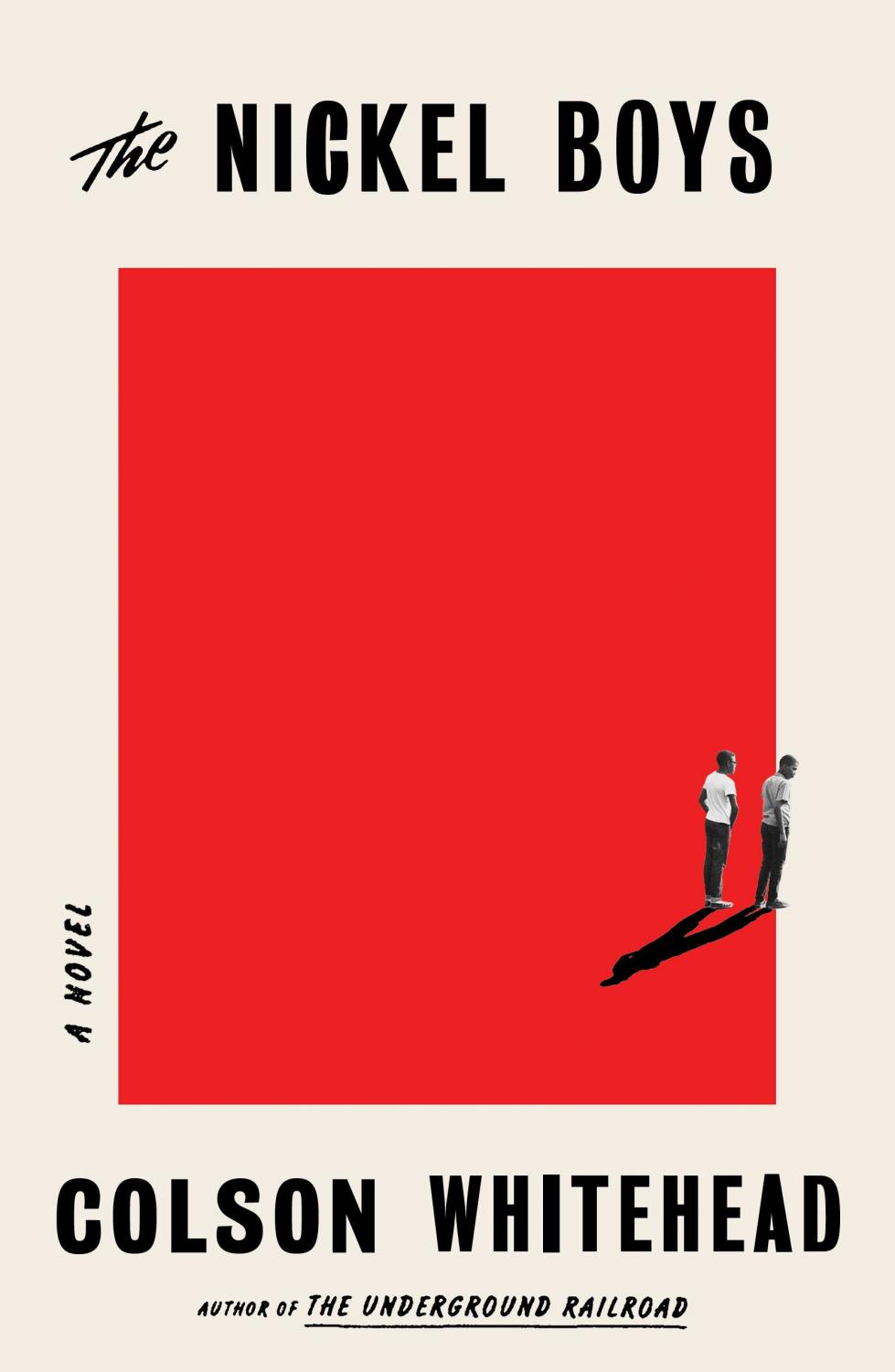 “The Nickel Boys” by Colson Whitehead (2019). Elwood Curtis is a bright, idealistic African American teenager living at tail end of Jim Crow in Florida who, when hitchhiking to his first day of classes at a nearby black college, accepts a ride from what turns out to be a stolen car is instead sent to the Nickel Academy, a horribly racist reform school where he befriends the streetwise and cynical Turner. The two forge a strong friendship as they try to survive their abusers.
“The Nickel Boys” by Colson Whitehead (2019). Elwood Curtis is a bright, idealistic African American teenager living at tail end of Jim Crow in Florida who, when hitchhiking to his first day of classes at a nearby black college, accepts a ride from what turns out to be a stolen car is instead sent to the Nickel Academy, a horribly racist reform school where he befriends the streetwise and cynical Turner. The two forge a strong friendship as they try to survive their abusers.
 “The Resisters” by Jen Gish (2020). In a dystopian AutoAmerica, society is divided into the Netted, who live productive but heavily surveilled lives, and the Surplus, those whose jobs have been lost to automation, who are pushed into overcrowded Flotsam Towns, like the narrator, Grant, his wife Eleanor, and his teen daughter, Gwen. When Gwen discovers a gift as a baseball pitcher and Grant and Eleanor launch an underground baseball league, the family is thrust into confrontation with the AI-controlled state.
“The Resisters” by Jen Gish (2020). In a dystopian AutoAmerica, society is divided into the Netted, who live productive but heavily surveilled lives, and the Surplus, those whose jobs have been lost to automation, who are pushed into overcrowded Flotsam Towns, like the narrator, Grant, his wife Eleanor, and his teen daughter, Gwen. When Gwen discovers a gift as a baseball pitcher and Grant and Eleanor launch an underground baseball league, the family is thrust into confrontation with the AI-controlled state.
For more recommendations, see Susan Augustine and Shirley Volk in the Pritzker-Traubert Library.





